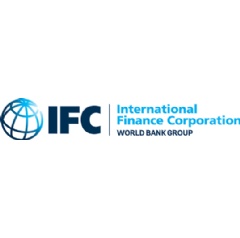



Perennial Holdings, a Singapore-based firm, is strategically positioning itself to capitalize on the burgeoning demand for elderly care in China, where over 400 million baby boomers are set to enter their 60s in the next decade. Chairman Pua Seck Guan has highlighted the necessity for premium care options that extend beyond what the government currently provides, noting that only 3% of retirees are expected to utilize nursing homes [5d3349ea]. The potential of the 'silver economy' in China is substantial, with estimates suggesting it could reach a staggering US$4.2 trillion [5d3349ea].
Perennial Holdings operates several developments in cities like Tianjin and Chengdu and has plans for additional facilities to meet the growing needs of this demographic. The monthly costs for their eldercare homes range from 7,000 to 20,000 yuan, reflecting the premium nature of the services offered [5d3349ea]. The company has committed a total investment of 31 billion yuan towards eldercare initiatives, signaling a robust confidence in this sector's growth potential [5d3349ea].
In Tianjin, Perennial is set to open a 1 billion yuan general hospital, which will be notable as the first wholly foreign-owned facility in the region, with an expected opening in the first quarter of 2025 [5d3349ea]. This move aligns with the broader trends observed in Hong Kong and Mexico, where financial instruments and healthcare services are increasingly tailored to the needs of an ageing population [44638ed5][688c0c55][d745b687].
As the global population ages, the focus on the silver economy is intensifying, with various stakeholders recognizing the economic contributions and needs of older adults. Both Hong Kong's Silver Bonds and Perennial's healthcare initiatives underscore the importance of innovative solutions that cater to this demographic, highlighting a significant shift in how societies approach elderly care and investment in related services [44638ed5][688c0c55][d745b687].